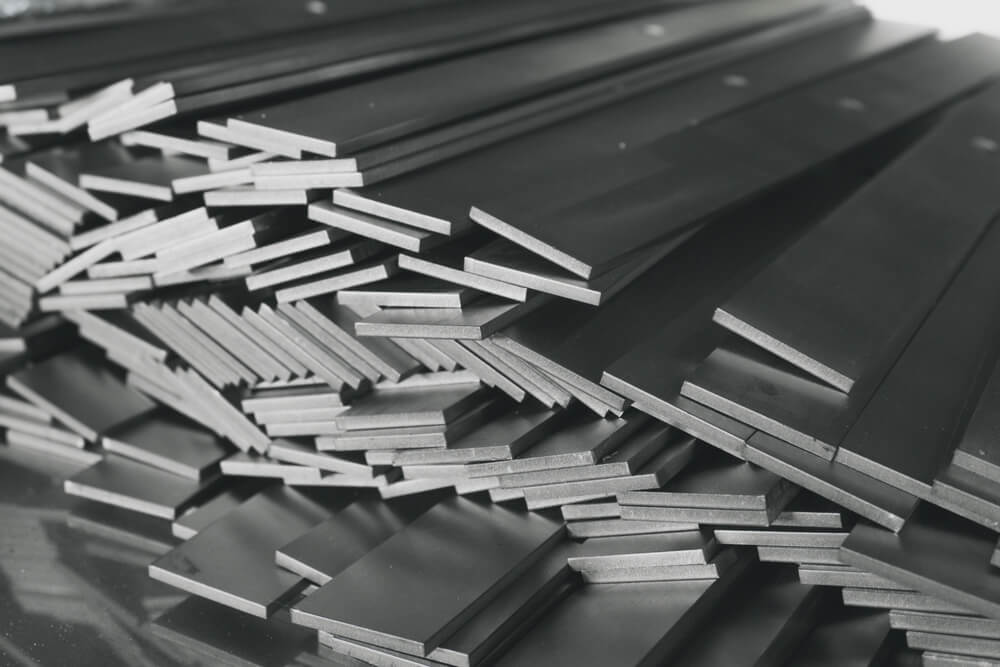
Korea’s major aluminum flat producers—Novelis Korea, Choil Aluminum, and Daeho Al—achieved a combined shipment of 865,148 tons in 2024, a 5.5% increase from 820,228 tons in 2023. However, domestic shipments fell by 7.2%, dropping from 329,363 tons to 305,616 tons, as the local market faced significant challenges. In contrast, export demand rose sharply, climbing from 490,865 tons in 2023 to 559,532 tons in 2024.
The decline in domestic shipments was driven primarily by a slowdown in the electric vehicle (EV) market, which affected demand for aluminum foil used in rechargeable battery cathodes and anodes. High costs, limited mileage efficiency, and quality concerns hampered the growth of the EV sector, while a slumping construction industry further weighed on domestic aluminum consumption. All three major producers experienced declines in domestic shipments, with Novelis Korea down 10.6% to 176,843 tons, Choil Aluminum falling 0.9% to 104,320 tons, and Daeho Al declining 6.9% to 24,453 tons.
Export demand, however, provided a silver lining, particularly for Novelis Korea. The company’s exports rose 14.8% to 551,170 tons, compared to 480,000 tons in 2023. Notably, Novelis Korea achieved record shipments of 51,658 tons in May and 52,940 tons in June, maintaining strong performance throughout the year. In contrast, Choil Aluminum and Daeho Al saw export demand contract, with Choil Aluminum’s exports decreasing by 17.4% to 1,602 tons and Daeho Al’s falling by 24.3% to 6,760 tons. Despite these declines, Novelis Korea’s robust performance drove overall growth in Korea’s aluminum flat product exports.
The market also faced pressure from China’s removal of its export tax refund for aluminum semi-manufactured products, effective December 1, 2024. This policy change led to higher domestic Chinese prices and reduced imports into Korea, while increasing potential export offers from China. Nonetheless, the demand for high-quality aluminum strip products is rising, driven by initiatives such as the U.S. Inflation Reduction Act and Europe’s Critical Raw Materials Act, which are expected to support long-term growth in the aluminum flat industry.



